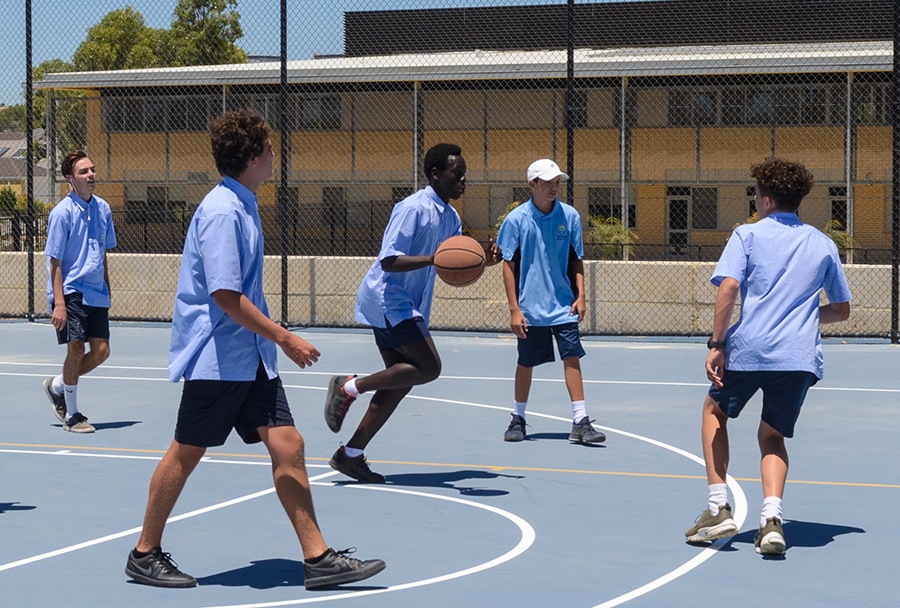Feeling confident, capable and ready to get things done are big parts of resilience. Important skills in this area are goal-setting, planning, being organised and self-disciplined, being prepared to work hard and being resourceful.
You can foster these skills in your child by helping them work out their specific strengths and limitations. Then you can encourage them to set goals that put their strengths into action, and that helps them to focus on what they are good at. For example. If your child is good at singing or music, you could suggest they join the school band, or even start their own band. If they are good with young children, you could suggest they look into some babysitting work or coaching junior sport.
Supporting your child to take on new or extra responsibilities—a leadership role at school or even a part-time job as they get older—is a great way to build their confidence and sense of what they can do.

Parents can create a positive family environment that fosters resilience by communicating some key messages to your child in your daily life together:
- Life is mainly good, but now and then everyone has a difficult or unhappy time. It’s a normal part of life.
- Things nearly always get better, even though they might sometimes take a bit longer to improve than you’d like. Stay hopeful and work on the problem if and when you can.
- You’ll feel better and have more ideas about what you can do if you talk about what’s worrying or upsetting you to someone you trust.
- No-one is perfect. We all make mistakes. We all find out there are some things we can’t do so well. Life is a learning journey.
- If you can find something positive or funny in a difficult situation, no matter how small, it can help you cope better.
- Take fair responsibility for what you did or did not do to cause a difficult or unhappy situation. But don’t over-blame yourself—circumstances, bad luck or other people all played a part too.
- If something can’t be changed, you just have to accept it and live with it. Don’t make yourself miserable by making it worse or by assuming that the worst possible scenario is the one that will happen.
- When something goes wrong, it will usually only affect one part of your life. When this happens, focus more on the things in your life that are still going well.
- Everyone gets scared sometimes, but not always about the same things. Facing your fears can help you grow stronger.
- Don’t let yourself be ‘hijacked’ by your feelings so that you’re not in charge of yourself. Find a way to calm yourself down so you can think of the best way to deal with how you’re feeling.
- Exercise really helps to remove negativity.
- Count the things you are grateful for.
http://raisingchildren.net.au/articles/resilience_teenagers.html
